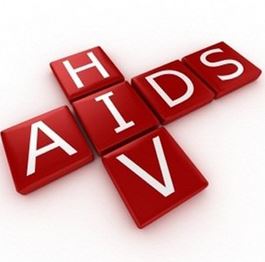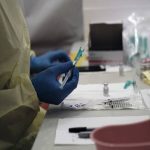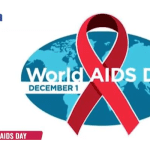The number of new AIDS infections in Niger dropped by more than two thirds between 2012 and 2016, the health ministry said Saturday, in a statement marking World AIDS day.
Health Minister Idi Illiassou said new infections in the four-year period under review fell from 6 000 to 1 761, a decline of 70%.
AIDS-related deaths in the country fell by 15% over the same period, according to Illiassou.
Between 2013 and 2017 patients receiving retroviral care rose from 11 182 to 17 122, he added with aid from partner states a factor in the country now boasting 73 screening centres from just one in 2003.
“The estimated annual number of deaths due to AIDS fell from 4 000 in 2012 to 3 400 in 2016 – a drop of 15%,” the minister also said.
HIV cases had stabilised at 0.4 percent of 15-49 year-olds since 2008 and that there were some 43 000 current sufferers nationwide.
At the same time, Illiassou regretted that “less than four percent of adults” had had voluntary screening in 2016.
Beset by widespread poverty and child malnutrition as well as a high incidence of malaria poverty-stricken Niger has generally focused on those issues first and foremost ahead of AIDS.
In October the government put nationwide malaria cases at 1 360 000 cases of malaria, with 1 584 deaths this year through to mid-September while Oxfam indicates malnutrition is the cause of almost half of all child deaths in the country.














